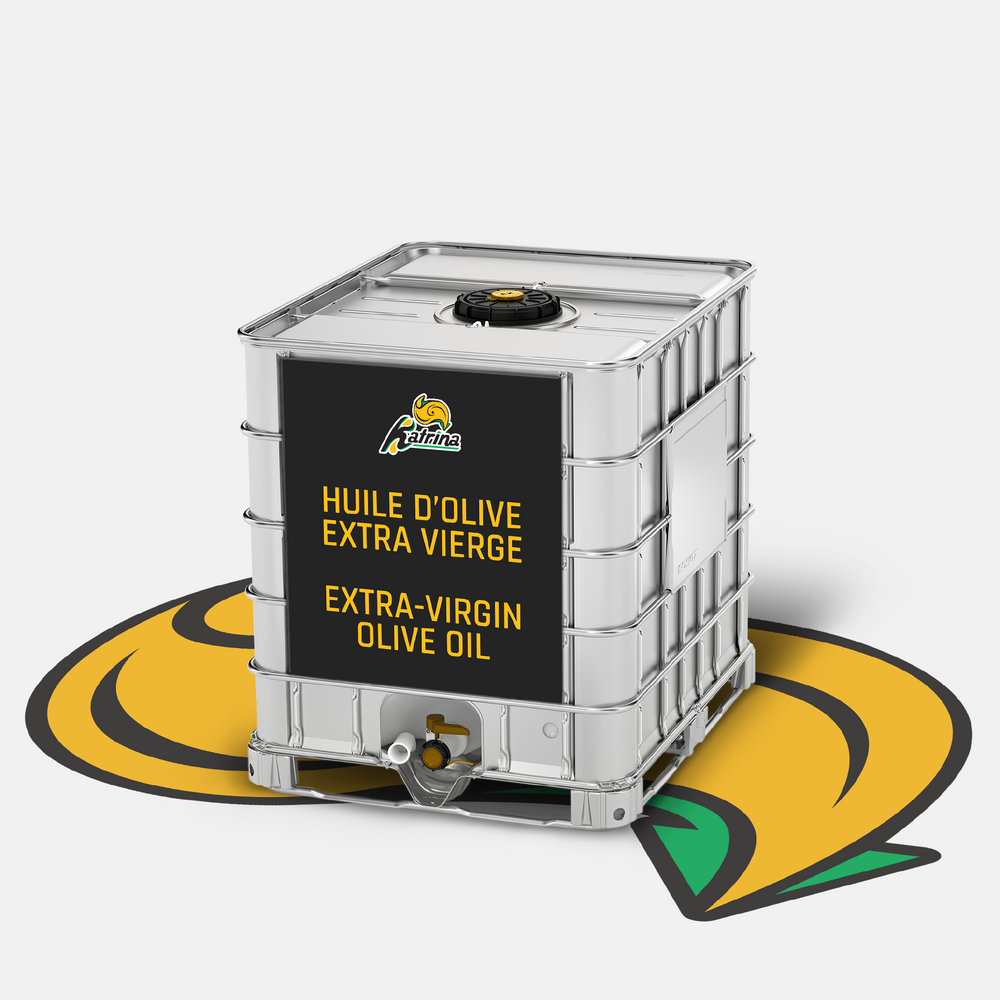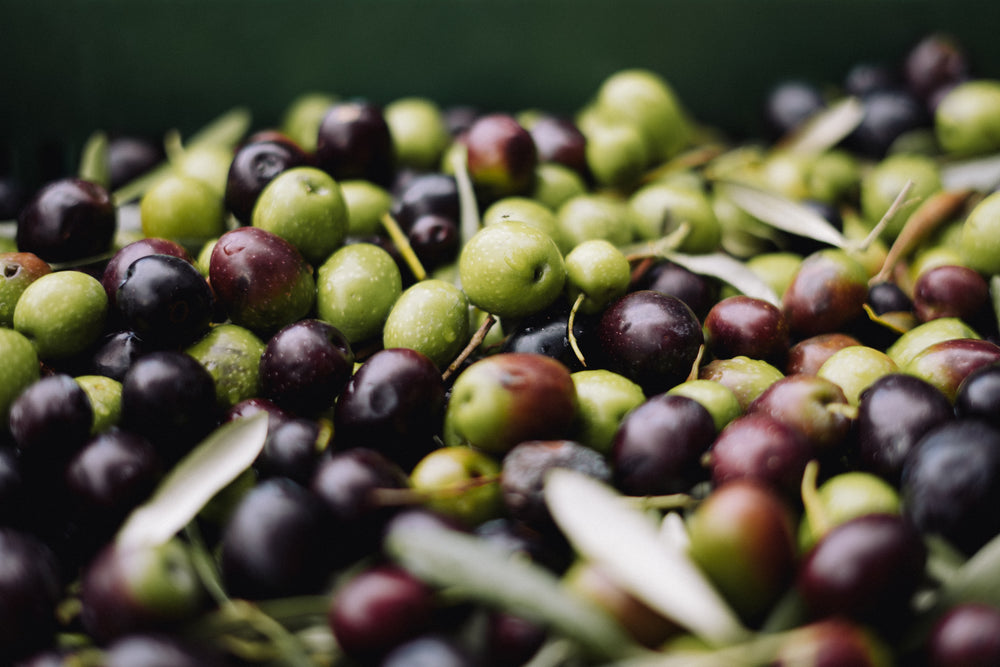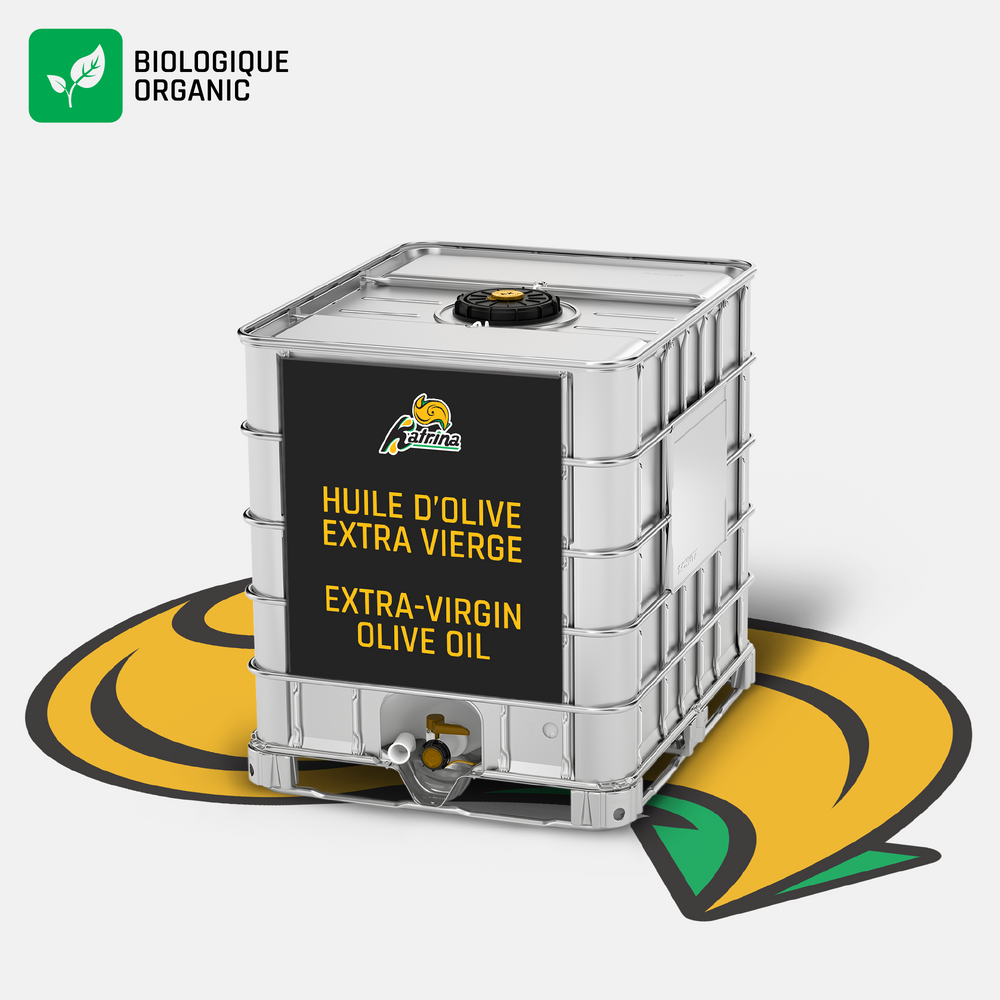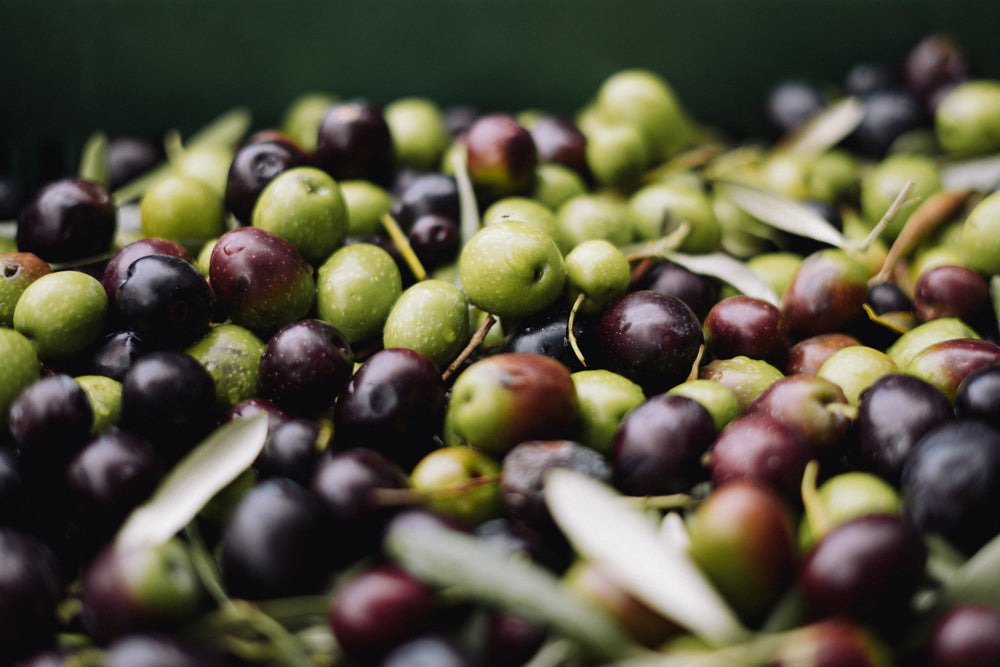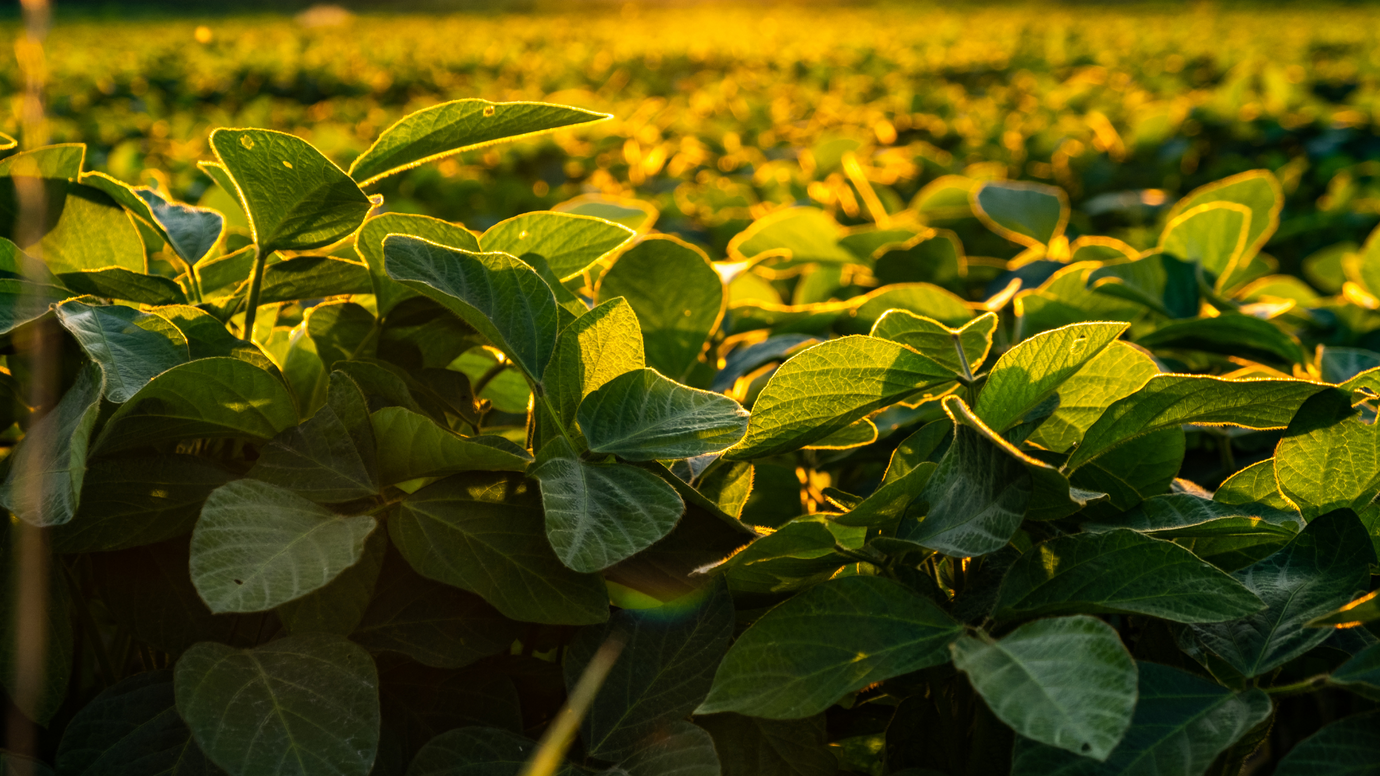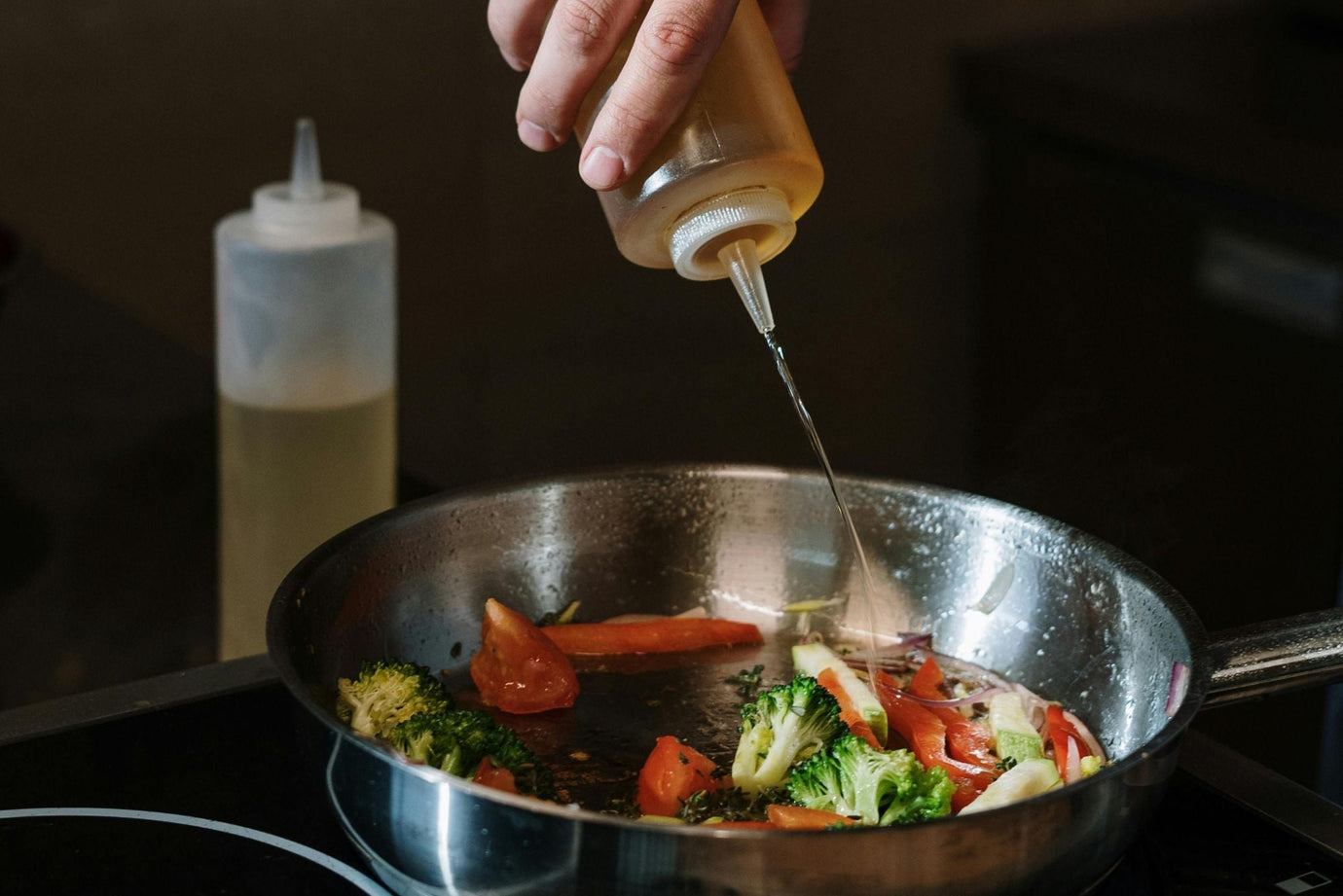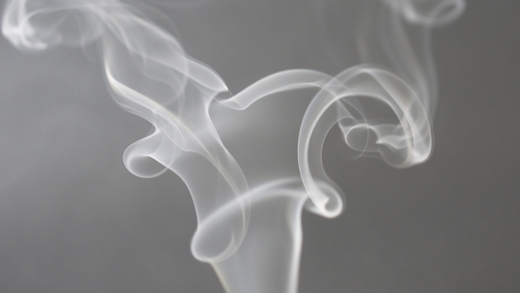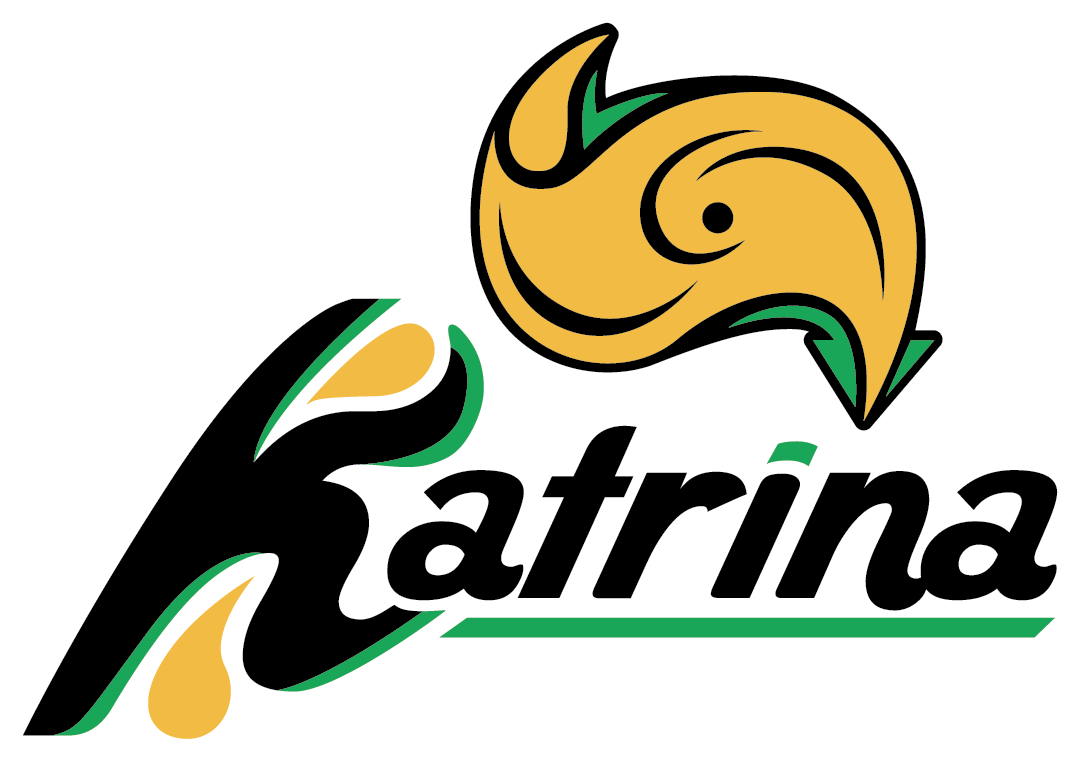Extra Virgin Olive Oil Burning Point: What Is The Point of No Return?
Extra virgin olive oil (EVOO) is a kitchen staple celebrated for its health benefits and versatile culinary applications. However, there's often confusion about its smoke point and whether it's suitable for high-heat cooking.
What Is the Extra Virgin Olive Oil Burning Point?
The smoke point (or “burning point”) of extra virgin olive oil typically ranges between 190-210°C (374-410°F). This temperature range represents the point at which the oil begins to break down and produce visible smoke. According to the North American Olive Oil Association, extra virgin olive oil's smoke point is suitable for most cooking methods, including sautéing, frying, and roasting.
Is Extra Virgin Olive Oil Safe for High-Heat Cooking?
Despite common misconceptions, scientific evidence supports the use of extra virgin olive oil for high-heat cooking. A study published in the Acta Scientific Nutritional Health Journal found that extra virgin olive oil was the most stable cooking oil when compared with other commonly used oils, producing the lowest level of harmful byproducts even when heated beyond its smoke point.
This research challenges the common misconception that EVOO is unsuitable for high-heat cooking due to its smoke point. The study suggests that factors such as oxidative stability and the presence of antioxidants play a more significant role in an oil's performance under heat than the smoke point alone.
What does this mean for restauranteurs or food manufacturers? You may have more leeway regarding smoke points than you thought, and extra virgin olive oil could be utilized even in some of your high heat processes.
Additionally, the high concentration of monounsaturated fats and natural antioxidants in EVOO contribute to its stability under heat. These antioxidants not only protect the oil from degradation but also enhance its health benefits.
Comparing Olive Oil Types and Their Smoke Points
When considering which olive oil to use for various cooking methods, it's important to understand the different varieties:
- Extra Virgin Olive Oil: 190-210°C (374-410°F)
- Refined Olive Oil: 199-243°C (390-470°F)
While refined olive oil has a higher smoke point, it lacks the nutritional benefits and flavour compounds found in extra virgin olive oil.
Cooking Applications and Temperature Considerations
Extra virgin olive oil is suitable for most cooking methods, including sautéing, baking, and frying. Its smoke point falls within the temperature ranges commonly used in these cooking techniques. For instance, deep frying typically occurs between 175-190°C (347-374°F), which is within the smoke point range of EVOO.
Should You Cook with Extra Virgin Olive Oil?
The evidence overwhelmingly supports cooking with extra virgin olive oil. The Mediterranean Diet, widely recognized as one of the healthiest dietary patterns globally, heavily features EVOO in various cooking methods. Its stability during cooking, combined with numerous health benefits, makes it an excellent choice for both cold and heated culinary applications.
Best Practices for Cooking with Extra Virgin Olive Oil
To maximize the benefits and maintain the quality of your EVOO during cooking:
- Choose High-Quality EVOO: Opt for extra virgin olive oil with low free fatty acid content, as this correlates with a higher smoke point and better stability.
- Store Properly: Keep EVOO in a cool, dark place to preserve its quality and extend its shelf life.
- Monitor Cooking Temperatures: Avoid exceeding the smoke point to maintain the oil's health benefits and prevent the formation of harmful compounds.
Conclusion
The smoke or burning point of extra virgin olive oil should not deter you from using it in your cooking. Scientific evidence supports its stability and safety for most cooking applications, including high-heat methods. While the smoke point is an important consideration, the overall stability and health benefits of EVOO make it an excellent choice for both cold and heated culinary applications.
Remember that quality matters significantly when it comes to extra virgin olive oil. Choose certified products from reputable sources to ensure you're getting genuine EVOO with all its beneficial properties intact. With proper understanding and application, extra virgin olive oil can be a versatile and healthy addition to your cooking repertoire.
For more information about bulk extra virgin olive oil and other specialty vegetable oils, please feel free to contact us or request a quote.

